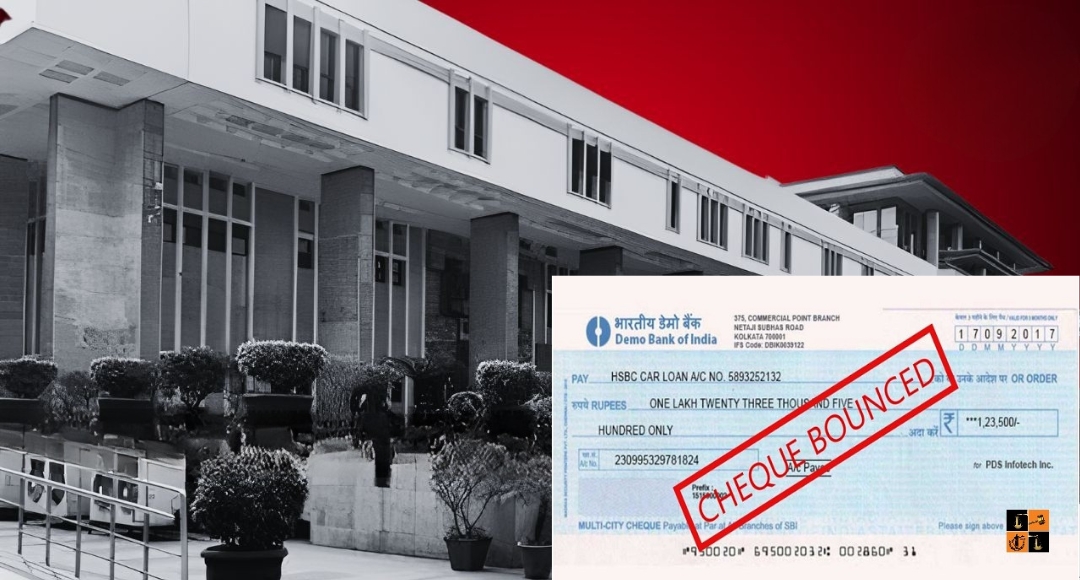When it comes to money matters and business deals, trust and accountability are everything. Imagine putting your faith in a firm, only to find that a cheque you received from them has bounced not once, but twice. A businessman approached the Delhi High Court hoping to get a criminal case against him dismissed. His claim? That he had already retired from the firm before the cheque was even issued, so he shouldn’t be held responsible.
The Heart of the Dispute
In this particular case, the complainant had supplied goods worth over ₹6.37 crore to M/s Bell Enterprises. To secure the deal, the firm had given a blank cheque and a bank guarantee. Eventually, a ₹3 crore cheque was issued, which bounced. Even after presenting it, the cheque remained dishonoured. What made matters worse was that over ₹3 crore was still unpaid, despite the bank guarantee being invoked.

The petitioner, one of the firm’s former partners, approached the Delhi High Court, stating he had already resigned from the partnership before the cheque was ever issued. He provided a modified partnership deed and several other documents to prove he was no longer involved in the business when the cheque was written or dishonoured.
What the Delhi High Court Said
The Delhi High Court took a careful and thoughtful look at the law under Sections 138 and 141 of the Negotiable Instruments Act. These sections deal with cheque bounce cases and the responsibility of individuals involved in a company or firm.
The Delhi High Court made it clear: If someone wants to walk away from such a case, claiming they weren’t involved, they must show rock-solid proof. Not just words. Not just vague documents. But evidence that leaves no room for doubt. The Court said, “If any Director wants the process to be quashed… he must… furnish some sterling incontrovertible material or acceptable circumstances to substantiate his contention.”
No Room for Loose Ends

Another important point the Delhi High Court made is that just because a complaint mentions someone’s name doesn’t mean they’ll be automatically convicted. Criminal law demands more than that. The complainant must describe exactly how the accused was involved. And the accused, in turn, has the full right to challenge that, but only if they bring undeniable facts to the table.
Disclaimer: This article is for informational purposes only and does not constitute legal advice. For legal queries or representation, always consult with a qualified advocate or legal expert.
Also Read:
Delayed But Not Denied: Supreme Court Revives Claims Under Limitation Law
Uniform Civil Code is Not Just Law, It’s Humanity, Says Karnataka HC
When Law and Love Unite: Supreme Court Applauds Piplantri Tree Tradition






